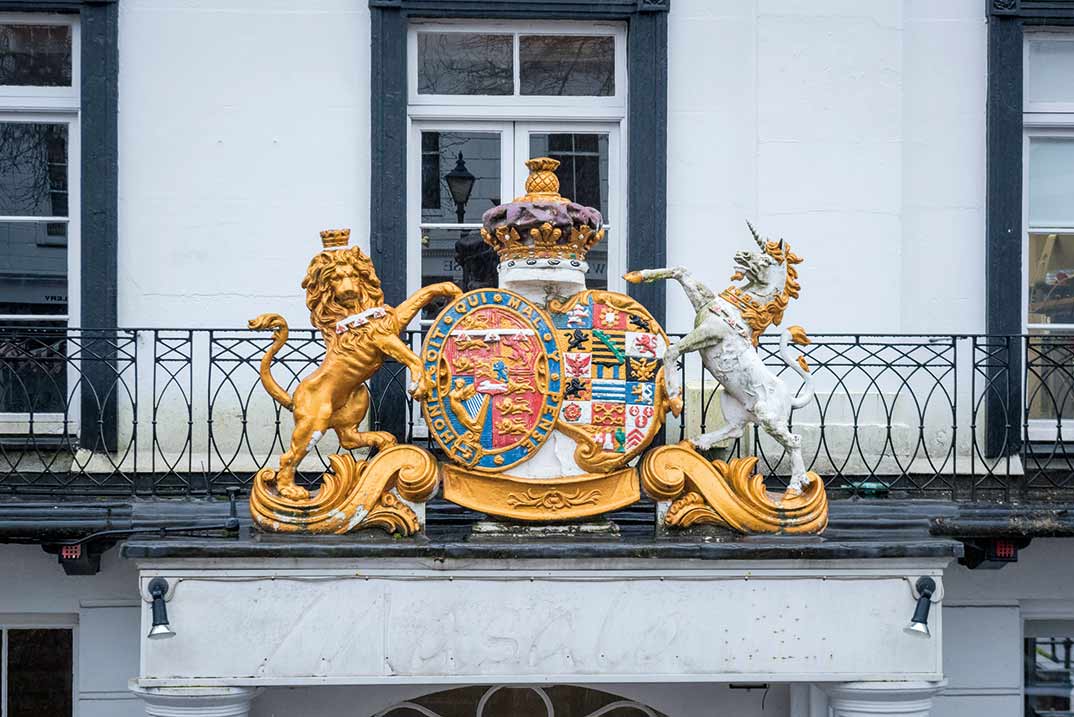- The designation ‘Royal’ is a rare and prestigious title, with Tunbridge Wells one of only three towns to be so recognised in England. It shared the honour with Leamington Spa for 100 years, until the third award was granted to Wootton Bassett five years ago. There are some boroughs with the ‘Royal’ prefix but only three towns.
- Tunbridge Wells received its royal appointment in 1909 from King Edward VII because of his mother Queen Victoria’s patronage of the spa in the town – Leamington had previously been conferred the title by Victoria in 1858.
- The reigning monarch decides who should receive the royal accolade in response to petitions received from the Prime Minister or the Cabinet. They act upon applications from towns and cities, but it can also come from boroughs, hospitals and businesses. The change of name is legally valid on the day when the sovereign signs and seals a Letters Patent.
- Wootton Bassett in Wiltshire became the first town to be designated ‘Royal’ in 100 years in March 2011. It received the accolade after residents had begun lining the streets over the preceding four years as a mark of respect for armed forces personnel who died in the conflicts in Iraq and Afghanistan.
- The dead were driven through the town when they were repatriated to the nearby RAF base at Lyneham. Local people started the tribute of their own accord, prompted by the local Royal British Legion. The honour was bestowed as a mark of ‘gratitude’, according to David Cameron.
- The London Borough of Greenwich is the most recent beneficiary of the title, awarded in 2012 in honour of the Queen’s Diamond Jubilee.








